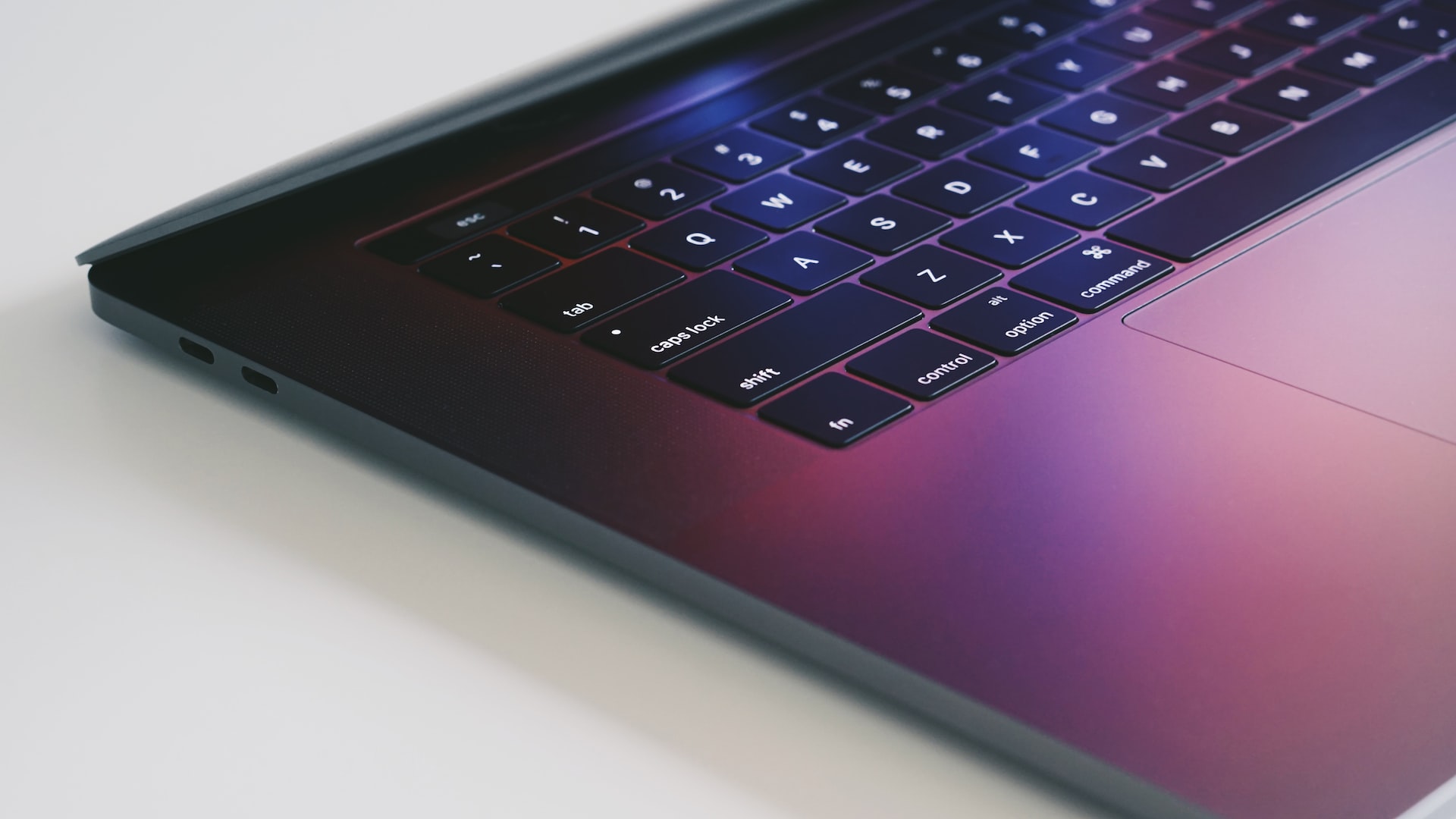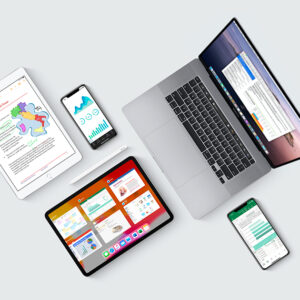Unidentified hackers targeted various versions of Apple’s “Transmission” software, a tool enabling Mac users to exchange data via BitTorrent. The ransomware discovery surprised Mac users who were accustomed to superior performance and security over PCs, especially considering the investment in their Apple computers.
How Susceptible Are MacBooks to Viruses?
Macs have traditionally been considered less vulnerable than Windows PCs. This is primarily because cybercriminals have mainly targeted Windows systems due to their larger market share, which provides more opportunities for malware. However, as Macs’ market share grows, cybercriminals increasingly focus on Apple products.
Most digital threats encompass various forms of malware that can impact Macs. Malware attacks can have unpleasant outcomes, ranging from irritating pop-up ads to potential ransomware attacks on your files.
While MacOS has measures to contain malware, Mac users are still exposed to different online risks, such as spam, phishing emails, browser vulnerabilities, and identity theft. Your company should always have a disaster recovery plan to anticipate the possibility of data loss, whether from a ransomware attack or other digital threats.
Do Macs Come With Integrated Antivirus Protection?
Macs have built-in security features like a firewall to defend against online threats. While traditional antivirus software is not included, Apple provides various anti-malware components, such as:
- XProtect: Apple maintains a database of known malware definitions in XProtect on your Mac. When you download new applications, XProtect automatically checks for these definitions.
- Apple’s security and privacy: macOS restricts the installation of third-party software from unidentified sources. Access and manage security settings in System Preferences > Security & Privacy > General to ensure installation authenticity.
- Gatekeeper: This software blocks suspicious apps from malware developers and confirms the integrity of applications.
- Malware removal tool (MRT): Integrated into macOS, MRT eliminates malware from system files without user intervention. It operates in the background triggered by XProtect’s detection of new threats.
- Sandboxed apps: Macs implement sandboxing to limit app access to essential user data only, enhancing security by preventing unauthorized access to other apps, the OS, or critical settings.
Apple offers a Security Bounty program, rewarding up to $1 million for identifying critical security vulnerabilities. Despite these measures, some Mac users opt for additional antivirus software to bolster security.

Identifying Virus Symptoms on Your Mac
If your MacBook shows signs of a virus or malware infection, watch for the following indicators:
Sluggish Performance
If your device or specific applications start running slowly, it might signal a problem. It could suggest that your Mac is part of a botnet, possibly being prepared for a DDoS attack or cryptojacking. This increased activity can slow down your system.
Unexplained New Software or Utilities
Unexpected new applications, files, or tools appearing without permission indicate potential malware. Be alert for sudden alterations to settings, like a new homepage.
Excessive Ads and Pop-ups
Adware causes a flood of advertisements and pop-ups, even offline. A sudden surge in these could be a warning sign.
Decreased Storage Capacity
Unauthorized malware programs can take up storage space if downloaded and installed on your device. This reduces space for trusted applications. If you notice a sudden storage decrease, it may signal a compromise.
Mac Overheating
If your Mac gets excessively hot during simple tasks like browsing or chatting, it could imply background malware activity.

Endnote
As hackers attempt to bypass macOS’s inherent security measures, enhancing your MacBook’s protection with antivirus software for Macs can offer an additional safeguard. This approach helps maintain your MacBook’s defense against viruses and malware. Without extra security, Mac users might unintentionally transmit Windows-based threats to friends and family who use PCs.











